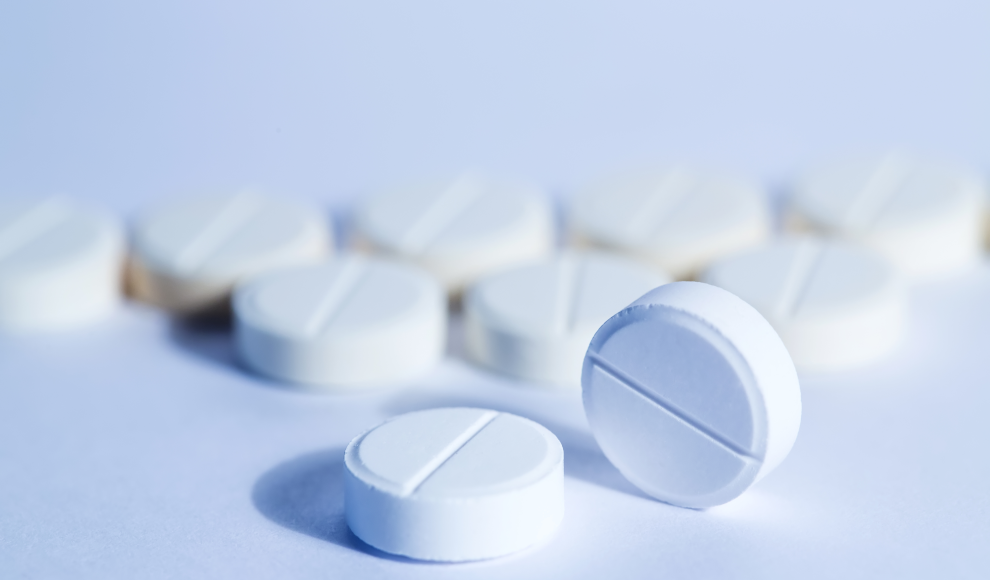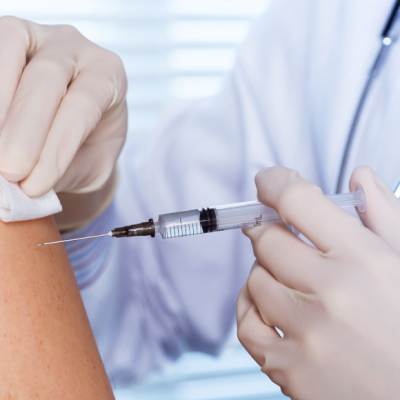A single dose of the antibiotic Doxycycline taken within 72 hours of unprotected sex can reduce the risk of sexually transmitted infections (STIs) such as syphilis, chlamydia, and gonorrhea by two-thirds, according to a study by the University of California, San Francisco (UCSF). The study involved around 500 participants from high-risk groups, including women who are trans and men who have sex with men. The participants had all had at least one STI in the year before the study and were either HIV-positive or taking a preventative medication to protect against HIV. The study found that the use of Doxycycline reduced the incidence of STIs by two-thirds over the course of a year.
However, experts have warned that the use of antibiotics as a prophylactic measure against STIs is not without risks. The World Health Organization (WHO) has warned that antibiotic-resistant bacteria are already among the most common causes of death worldwide. The study also found that there was an increased risk of resistance to Doxycycline among the bacteria that cause gonorrhea. In Europe, resistance rates for gonorrhea are much higher than in the US, making the use of Doxycycline as a prophylactic measure more risky. Experts have therefore cautioned that the use of Doxycycline should be limited to high-risk groups and used only temporarily to minimize the risk of resistance.
The study’s findings are significant given the rising incidence of STIs worldwide. According to the WHO, there are around 376 million new cases of STIs each year among 15- to 49-year-olds. The most common STIs are trichomoniasis, chlamydia, gonorrhea, and syphilis, all of which are curable if treated promptly. However, if left untreated, they can lead to chronic health problems. The use of Doxycycline as a prophylactic measure could therefore have significant public health benefits, particularly if it is targeted at high-risk groups.










